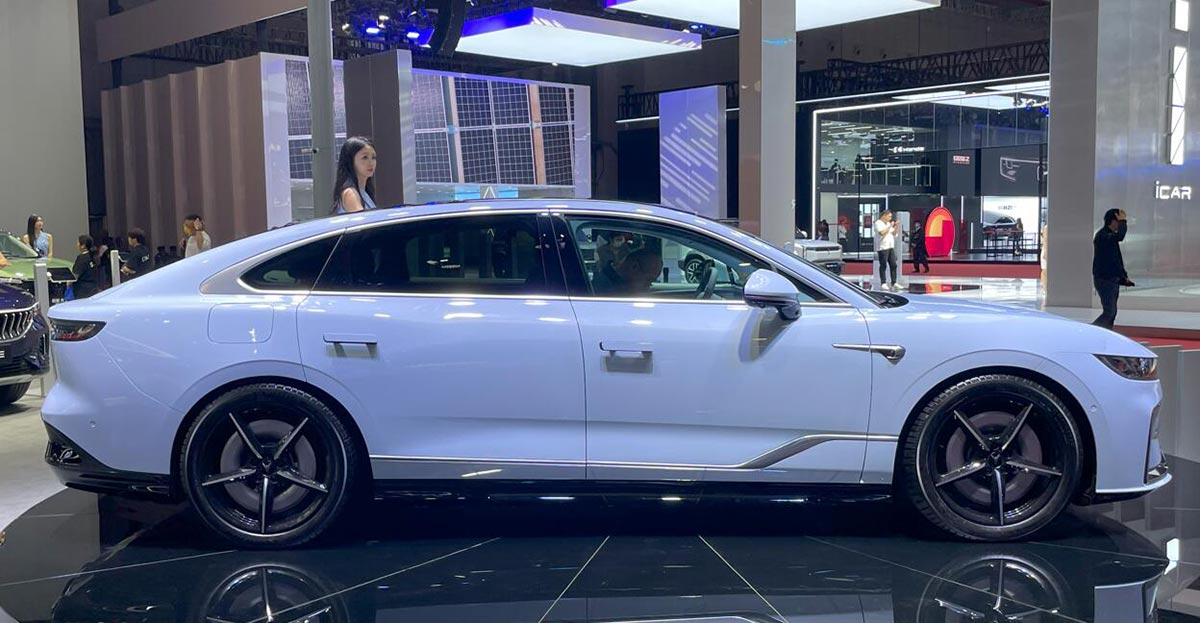China's passenger NEV retail sales stood at 88,000 units in August 1-6, up 38 percent year-on-year and up 8 percent from the same period last month.
(Image credit: CnEVPost)
China's new energy vehicle (NEV) sales improved in the first week of August compared to the same period last month.
From August 1 to August 6, retail sales of passenger NEVs in China reached 88,000 units, up 38 percent year-on-year and up 8 percent from the same period last month, according to data released today by the China Passenger Car Association (CPCA).
So far this year, China's retail sales of passenger NEVs were 3.815 million units, up 36 percent year-on-year.
From August 1 to August 6, wholesale sales of passenger NEVs in China were 78,000 units, up 13 percent year-on-year and up 2 percent from the same period in July, according to the CPCA.
So far this year, China's wholesale sales of passenger NEVs were 4,359,000 units, up 41 percent year-on-year.
Between August 1 and 6, retail sales of all passenger cars in China were 241,000 units, down 1 percent from the same period last year but up 9 percent from the same period last month, the CPCA said.
So far this year, cumulative retail sales of passenger cars in China stand at 11.538 million units, up 2 percent from a year earlier.
This means that in the first week of August, China's penetration of NEVs at retail was 36.5 percent, and 33.1 percent so far this year.
Between August 1 and August 6, average daily retail sales of passenger cars in China were 40,150 units, down 1 percent from the same period last year and up 9 percent from the same period last month, according to the CPCA.
Late July is vacation season, and with the general contraction of the fuel-vehicle market, most car companies let their employees to take normal vacations, the CPCA noted.
Starting from the second half of July, China's auto market gradually entered the autumn start-up period, the CPCA said.
The current complex and volatile external environment has had a big impact on consumer confidence, and demand for first-time car purchases is much less than demand for trade-ins, the CPCA said.
